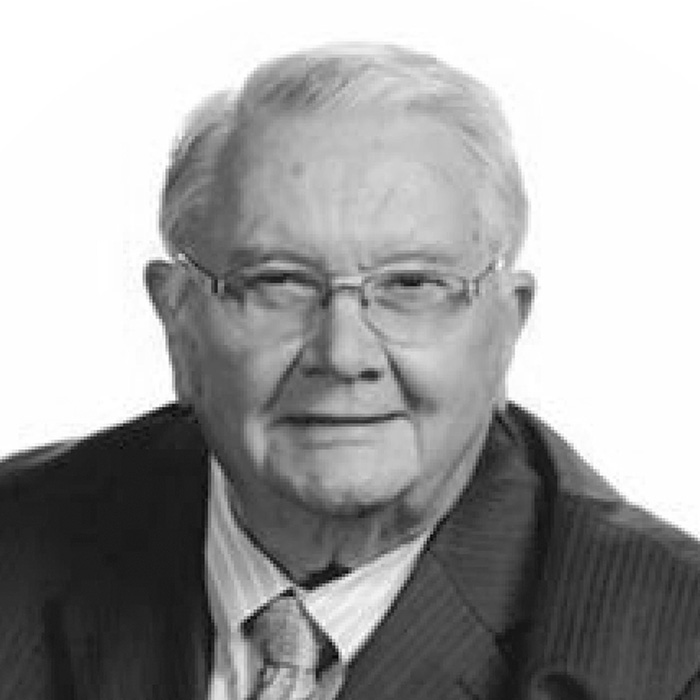BY WALT ALBRITTON
OPINION —
Gene Moore, my dear friend from Auburn days, lives with his wife Jan in Lancaster, Pennsylvania. Like me, Gene is a nonagenarian, both of us having lived beyond our octogenarian years. (“Nona” comes from the Latin word meaning “the ninth.”)
For many years we have communicated often with letters and by telephone. Gene and I worked together on staff of The Auburn Plainsman in the early 1950s. So, it’s not surprising that Gene’s letters usually include newspaper clippings of stories not likely printed in local papers.
His clippings typically are about the Amish people. The Pennsylvania Amish community in Lancaster County, where Gene and Jan live, is the largest community in America (more than 30,000 people). For the Amish, God is not some distant God or an oblong blur, He is a personal God who cares about detail of their lives. So, their faith calls for them to wear plain clothes, live in simple ways and always stand ready to help neighbors in need. This has earned them the nickname, “the Plain people.”
The Amish are not Mennonites but do share the same religious heritage; both groups trace their roots to the Anabaptist Movement that began in 1525 in Europe following the Protestant Reformation. Amish and Mennonites separated in 1693. Both came to America to escape persecution in Europe. They are seriously conservative Christians.
Gene’s latest clipping is a remarkable story about an unusual bank designed to meet the needs of the Amish community. This uniquely named “Bank of Bird-in-Hand” has a main office, but its success has come from operating four mobile branches, each a converted RV. Only 10 years old, the bank “has accumulated $1.2 billion in total assets, seen its stock price more than triple and expanded to six brick-and-mortar branches.” The RV banks are called “gelt buses,” or money buses.
Chief lending officer Bill O’Brien credits the bank’s success to simplicity.
Since the Amish resist many types of modern technology, they welcome the bank’s offer of “simple loans, simple lines of credit and a simple checking account.”
Old Order Amish protect their faith values by restricting the use of electricity, telephones, television, telephones and automobiles. They continue to farm with horses instead of tractors and travel with a horse and buggy. The sacred value of the family is maintained by keeping all work, play, worship, commerce and friendship within the Amish connection.
One of O’Brien’s observations about bankers caught my attention. He said bankers sometimes lack imagination. If it doesn’t fit, they’re not making an adjustment. That describes some Church leaders I have known, those who resist change because we like the way we have always done it.
Imagination can be an important tool of the church. While the message of salvation through faith in Jesus remains the same, the methods of faith sharing may need to change with each new generation. A creative imagination can help church leaders see new ways to communicate the unchanging good news of God’s love and His invitation to come to Jesus.
Imagine, for example, what we might learn by contemplating the simplicity practices of the Amish. Any list of “Holy Disciplines” for Christians will include the discipline of simplicity. Has not our embrace of technology short-circuited our devotional life? Do not some of us spend so much time on our cell phones that we have little time left for serious prayer and communion with God? Has this eroded the value of simplicity in our lives?
Perhaps we need a “Church of Bird-in-Hand” that can meet the unique needs of Christians caught up in the madness of a culture that is squeezing us into its own mold. It could inspire us to let Jesus anoint our imagination. Under His influence, we might discover and embrace some changes more valuable than simple banking.


